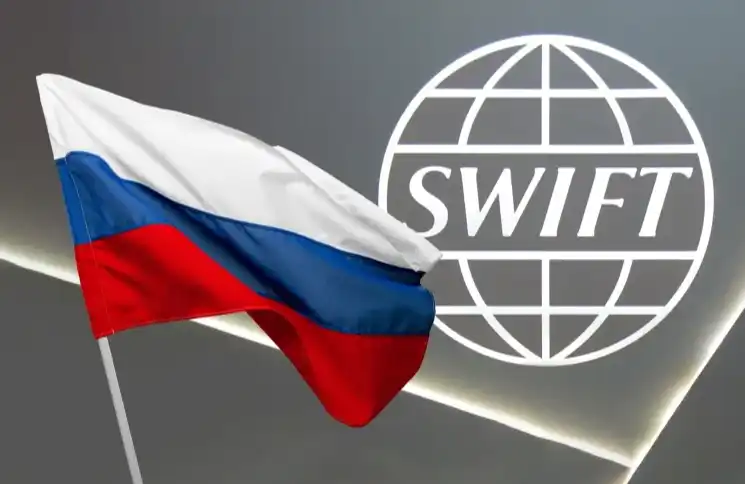Solana News Today: Solana’s Alpenglow Upgrade Reshapes Validator Economics and Network Power
- Solana's Alpenglow upgrade passed with 98.27% support, exceeding 52% stake participation and quorum requirements. - The upgrade replaces PoH/TowerBFT with Votor (sub-second block confirmation) and Rotor, reducing finality to 150ms and improving network efficiency. - Validator economics shift to fixed 1.6 SOL admission tickets, enhanced leader rewards, and new "20+20" resilience against adversarial stakes. - Expected to attract high-frequency DeFi and institutional users by 2026, while raising concerns ab
The Solana community has approved the Alpenglow consensus upgrade, marking the network’s most significant technical overhaul to date. In a governance vote concluded on August 30, 98.27% of participating stake supported the proposal, with 1.05% opposed and 0.36% abstained. Participation reached 52% of the network’s total stake, comfortably exceeding the required quorum threshold [1]. The upgrade replaces Solana’s Proof-of-History and TowerBFT mechanisms with a new architecture aimed at reducing transaction finality from approximately 12.8 seconds to as little as 150 milliseconds [3].
Alpenglow introduces two key components: Votor, an off-chain signature aggregation system enabling sub-second block confirmation, and Rotor, a new block propagation mechanism set to replace the existing Turbine protocol. Together, these innovations simplify consensus logic, eliminate on-chain vote transactions, and reduce ledger bloat. The protocol’s resilience model, known as "20+20," ensures network safety even with 20% adversarial stake and liveness with an additional 20% of nodes offline [1].
Validator economics have been a central focus of the upgrade. The new design introduces a fixed Validator Admission Ticket of 1.6 SOL per epoch, replacing previous vote transaction fees. While some forum participants raised concerns about this creating a high entry barrier for new validators, developers argue it prevents potential stake-splitting attacks. Additionally, leaders who aggregate votes and submit finalization certificates will receive enhanced rewards, potentially reshaping staking economics [1]. Developers acknowledged the need for additional rules to address bad behavior under the new system, highlighting concerns about validator diversity, centralization pressures, and network resilience during outages.
Early voting data from the proposal (SIMD-0326) showed strong support, with 172 validators—representing about 11.8% of the network—casting votes, 99% of whom supported the initiative. Solana Labs co-founder Anatoly Yakovenko publicly encouraged validators to participate, emphasizing the upgrade’s significance for the network’s future [4]. To pass, the proposal required 33% quorum and a two-thirds majority of participating votes. With 99% support recorded early in the voting period, passage appears all but guaranteed [3].
The Alpenglow upgrade is expected to significantly reshape Solana’s position in the Layer-1 blockchain ecosystem. Near-instant block finality is projected to make the network more attractive to developers of high-frequency decentralized applications, institutional investors, and DeFi protocols requiring low-latency performance [4]. The proposal also introduces economic efficiency, reducing validator expenses by an estimated 20% and enhancing network sustainability [4]. With mainnet deployment expected in early 2026, Alpenglow could redefine Solana’s capabilities and further differentiate it from competitors like Ethereum , which continues to focus on security and scalability through its Ethereum 2.0 roadmap [5].
Source:
Disclaimer: The content of this article solely reflects the author's opinion and does not represent the platform in any capacity. This article is not intended to serve as a reference for making investment decisions.
You may also like
A World Beyond SWIFT (II): Moscow's Underground Ledger—Garantex, Cryptex, and the Shadow Settlement System
Three years after being cut off from SWIFT by the West, Russia is attempting a new financial trade channel.

Crypto tycoons spend eight-figure security fees annually, fearing encounters like BlueZhanfei's experience.
No one understands security better than crypto industry leaders.

With a valuation of $1 billion, why hasn’t Farcaster managed to become a “decentralized” Twitter?
Farcaster acknowledges the difficulty of scaling decentralized social networks and is abandoning its "social-first" strategy to focus on the wallet business.

If AI agents start hoarding Bitcoin, what will happen to this monetary system originally designed for ordinary people?
The underlying logic of Bitcoin assumes that users will eventually die, and the entire network is not yet prepared to accommodate holders who “never sell.”
